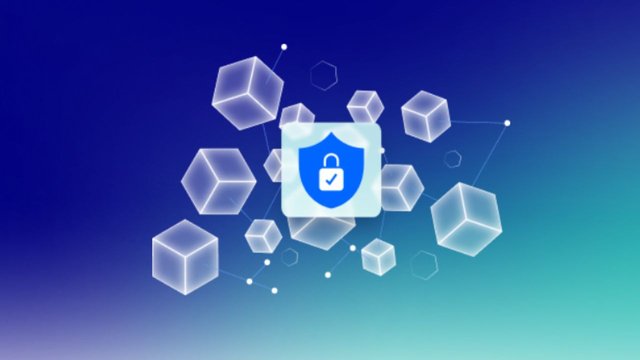Understanding Node Sales: Key Concepts and Terminology Explained

In the world of blockchain and cryptocurrency, node sales have emerged as a critical aspect of the ecosystem, especially with the growth of decentralized networks and blockchain-based applications. This blog aims to demystify node sales by explaining key concepts and terminology that are essential for understanding this complex topic.
1. What is a Node?
A node is a fundamental component of a blockchain network. It refers to a computer that participates in the blockchain's network by storing, validating, and relaying transactions. Nodes can have different roles, such as:
- Full Nodes: These nodes store the entire blockchain and validate all transactions and blocks.
- Light Nodes: These nodes only store a subset of the blockchain and rely on full nodes for transaction validation.
- Mining Nodes: These nodes participate in the mining process, solving complex mathematical problems to validate transactions and create new blocks.
2. What is Node Sales?
Node sales involve the sale or leasing of node infrastructure and services. This concept is increasingly relevant as decentralized networks grow and require more robust infrastructure. Node sales can occur in several ways:
- Selling Node Hardware: Companies or individuals may sell physical hardware optimized for running nodes.
- Leasing Node Services: Providers may lease node services, allowing users to rent access to nodes without needing to own or maintain the hardware themselves.
- Node Shares: Some platforms allow users to invest in or buy shares of nodes, effectively participating in the node's operations and earning rewards.
3. Key Terminology in Node Sales
Understanding the terminology associated with node sales can help clarify the concept:
- Node Operator: The entity or individual that runs and maintains a node. Node operators may receive rewards or fees for their participation.
- Validator Nodes: In proof-of-stake (PoS) and other consensus mechanisms, validator nodes are responsible for validating transactions and creating new blocks. They often require staking a certain amount of cryptocurrency as collateral.
- Staking: The process of locking up a certain amount of cryptocurrency to participate in network validation. Staking is often required for validator nodes.
- Node Incentives: Rewards given to node operators for their participation. These can include cryptocurrency rewards, transaction fees, or other incentives.
- Node Provider: A company or service that offers node infrastructure and management services to other entities or individuals.
- Node Leasing: Renting node resources or services from a provider rather than purchasing or maintaining them directly.
- Node Ownership: The concept of owning the hardware or software required to run a node. This can involve significant upfront costs and ongoing maintenance.
4. Why Node Sales Matter
Node sales are important for several reasons:
- Decentralization: By making it easier to buy or lease node infrastructure, node sales contribute to the decentralization of blockchain networks. This helps ensure the network's security and resilience.
- Accessibility: Node leasing and shares make it easier for individuals and organizations to participate in blockchain networks without needing significant technical expertise or resources.
- Economic Opportunities: Node sales create economic opportunities for both node operators and investors, enabling new business models and revenue streams in the blockchain space.
5. How to Get Involved in Node Sales
If you're interested in participating in node sales, consider the following steps:
- Research: Understand the specific requirements and opportunities within the blockchain network or platform you're interested in.
- Choose a Provider: If you're looking to lease or invest in nodes, select a reputable provider with a proven track record.
- Evaluate Costs and Rewards: Consider the costs associated with node ownership or leasing and weigh them against potential rewards or incentives.
- Stay Informed: The blockchain space evolves rapidly. Stay updated on the latest developments, technologies, and trends related to node sales.
Conclusion
Node sales represent a significant aspect of the blockchain ecosystem, enabling greater decentralization and providing new opportunities for participation and investment. By understanding key concepts and terminology, you can better navigate this dynamic area and explore ways to get involved in node sales.
Whether you're a seasoned blockchain enthusiast or a newcomer, grasping the fundamentals of node sales is crucial for making informed decisions and leveraging the potential of decentralized networks.